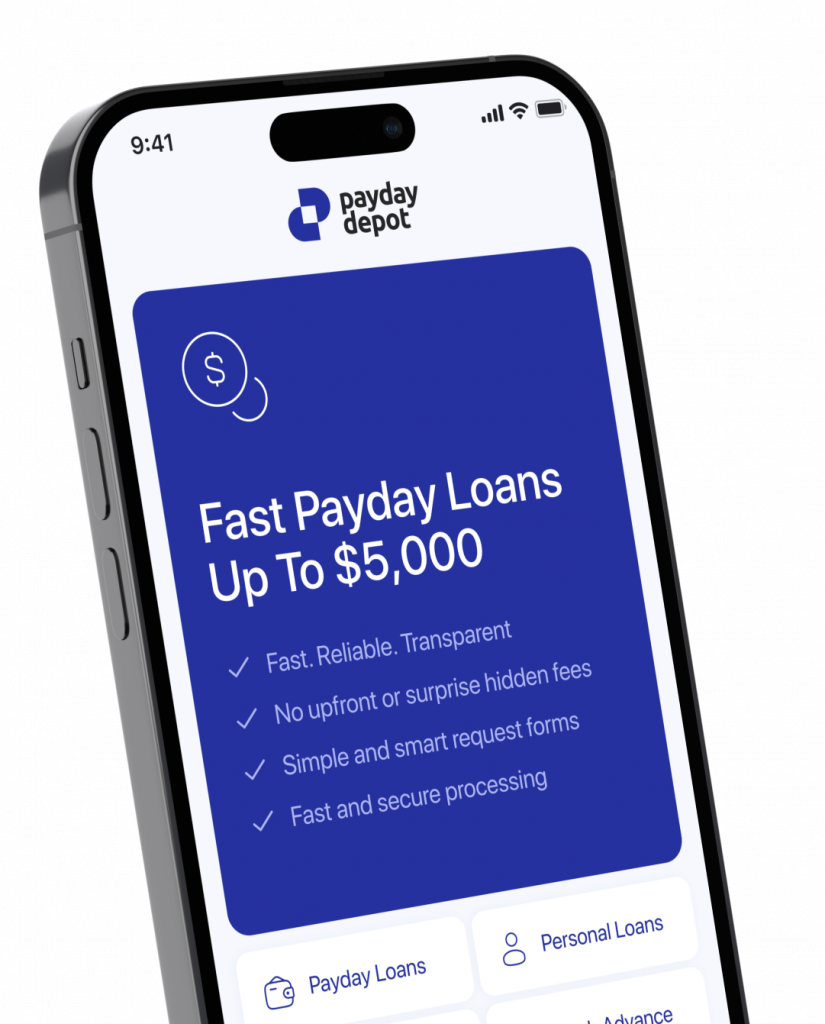Loan Definition
A loan is a financial instrument through which a borrower takes a certain amount of money from a lender on the condition of repayment within a specified time frame. Although there is such a form of loan as an interest-free loan, in most cases, the borrower must return the borrowed amount of money along with interest. Since there are additional types of payments that can be added by the lender in different cases, the general structure of the loan looks as follows:
- Value or principal amount is money transferred to another person in the form of a loan for a certain time.
- Loan interest is the price the borrower pays for using the loan.
- Other finance charges, such as account maintenance fees, transaction fees, and late payment fees.
Loan Agreement
In the most general case, a loan means receiving money from a lender on repayment terms specified in an individual agreement. When taking a loan from a lender, the borrower is obliged to adhere to the provisions stated in the agreement:
- Type and amount of interest rate;
- Amount of monthly payment for timely repayment of debt;
- Deadline for monthly payments;
- Conditions for early repayment of debt, if such a possibility is provided.
For each borrower, the lender offers conditions that correspond to the ideas about the risks they bear in connection with a specific loan. Therefore, even if two clients working in the same office in the same position contact the creditor on the same day, the conditions for them may differ. Their credit scores may vary, as well as the risks taken by the lender.
Loan Types
There are many types of loans, but they can all be divided into the following fundamental classes:
- Secured and unsecured loans. If the lender lends money at interest only on the basis of the borrower’s commitment to repay the debt, it is an unsecured loan. If the debtor does not fulfill their obligations, none of their property is transferred to the owner as full or partial repayment of the debt. If the loan is issued with a mortgage such as a car, apartment, or other property of the borrower, it is called secured. If the debt is not repaid, the creditor becomes the owner of this property.
- Revolving loans vs. term loans. Another important distinction is the terms on which the lender issues the money. A revolving loan is a type of loan in which the borrower can use the line of credit provided to them constantly if they comply with the agreement. If a borrower repays the debt on time, the amount of money allocated by the creditor is constantly available. Term loans provide a fixed amount of money for a fixed period.
The borrower can be either a private person or a legal entity. Business companies, organizations, and even states can take out a loan. Financial institutions such as banks or credit unions, business companies, and state or private lenders can act as lenders.
